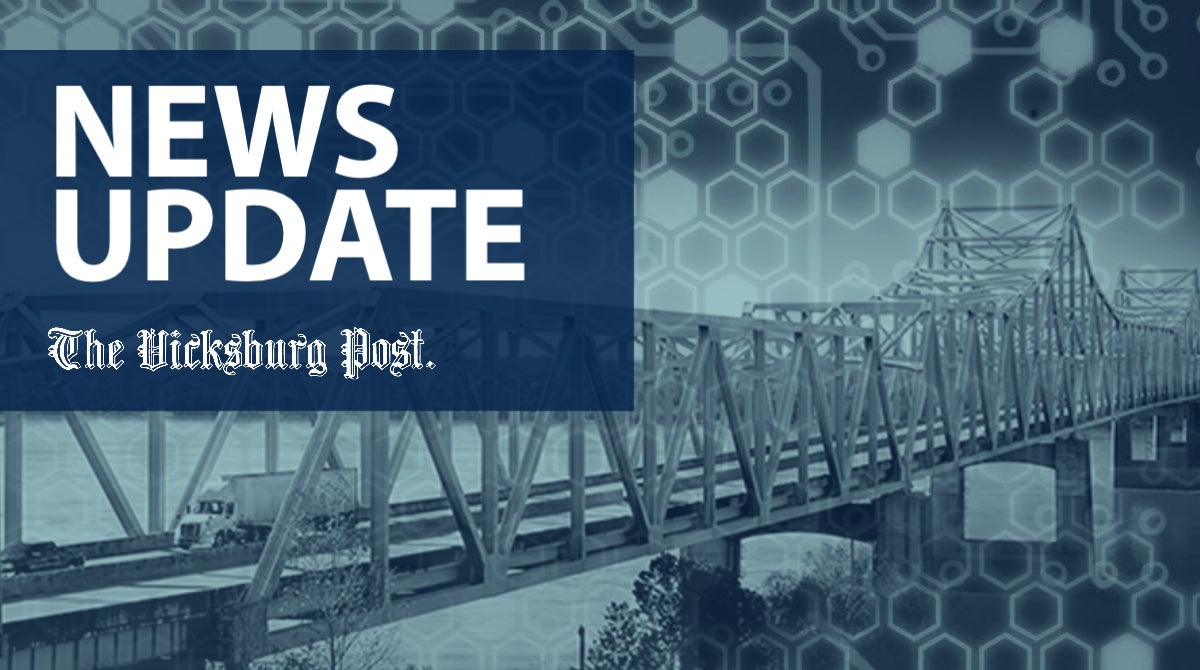Carbon leak in Satartia prompts federal focus on pipeline safety
Published 11:38 am Tuesday, June 14, 2022
By Alex Rozier | Mississippi Today
On Feb. 22, 2020, a breach in a carbon pipeline owned by Denbury Inc. left 49 people near Satartia, Miss. hospitalized, and about 300 residents were forced to evacuate.
A Huffington Post story last year shed light on the chaos and its aftermath. The pipeline burst unleashed a cloud of green fog, along with an odor like “rotten eggs.” People nearby struggled to breathe, with some collapsing in their homes, the article reported.
In May, over two years since the incident, the federal agency in charge of pipeline safety — the Pipeline and Hazardous Materials Safety Administration, or PHMSA — released its findings from an investigation.
Confirming Denbury’s account of the event, PHMSA found that the pipeline broke from heavy pressure caused by movement in the soil after persisting heavy rain.
But PHMSA also found that Denbury had, among other errors, failed to prepare for such natural hazards, failed to alert local emergency officials about the incident, and failed to educate nearby residents about the pipeline before the breach.
In its report, the agency proposed a civil penalty of $3.9 million against Denbury, which the company can either accept or contest.
As a result of the pipeline failure, PHMSA also announced it would begin a new rulemaking to update safety standards.
“I recently visited with the first responders in Satartia to hear firsthand of the pipeline failure so that we can improve safety and environmental protections for CO2 pipelines and work to protect communities from experiences like this,” PHMSA Deputy Administrator Tristan Brown said in the May 26 release. “The safety of the American people is paramount and we’re taking action to strengthen CO2 pipeline safety standards to better protect communities, our first responders, and our environment.”
Specifically, PHMSA said it will update standards for emergency preparedness and response, as well as alert pipeline operators to better anticipate hazards from natural causes like what happened in Satartia.






